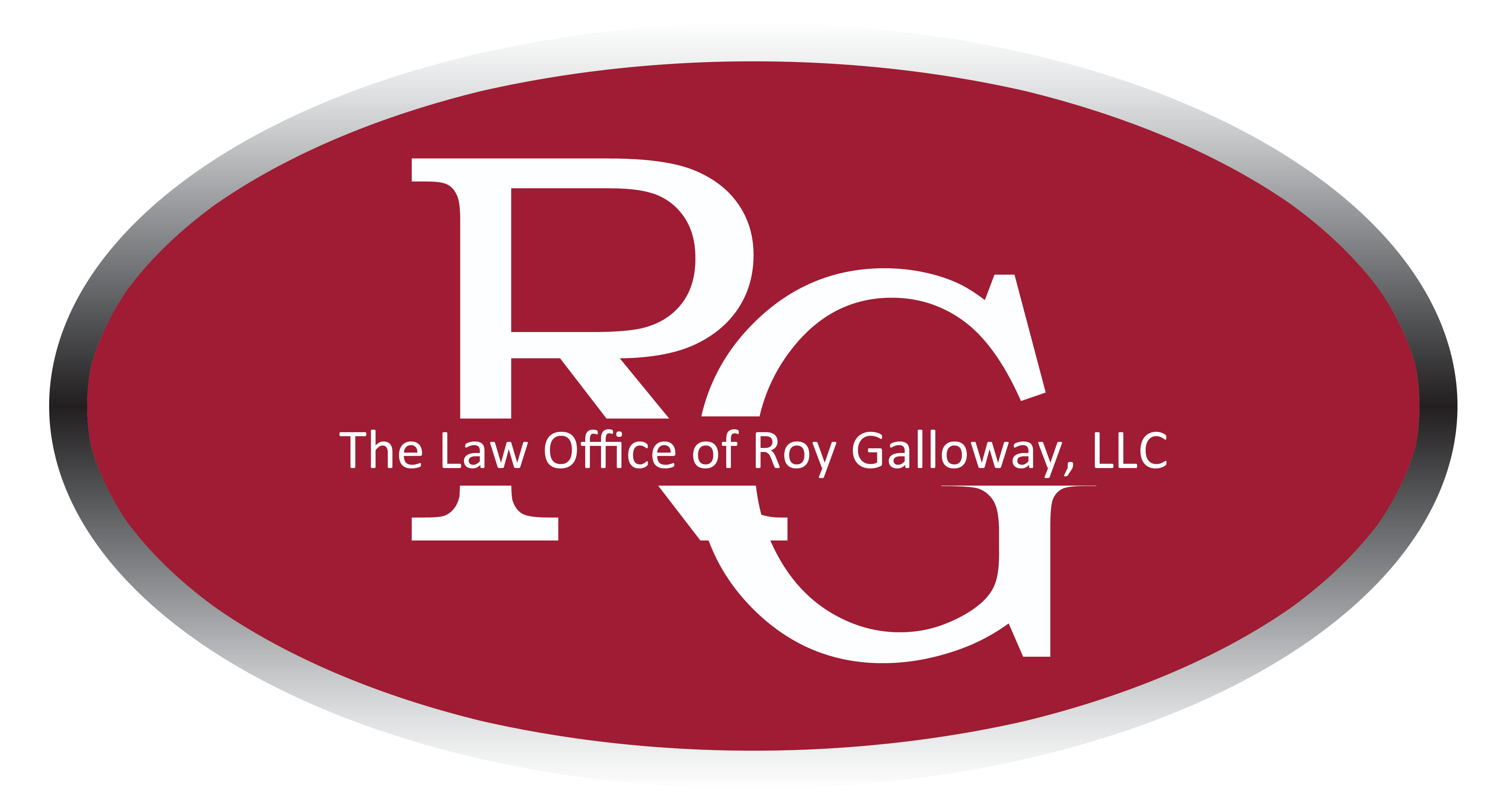Pennsylvania Civil Asset Forfeiture Laws: Can the Police Take Your Property?

PENNSYLVANIA CIVIL ASSET FORFEITURE: CAN THE POLICE DEPRIVE ME OF PROPERTY IF I AM CHARGED WITH OR SUSPECTED OF BEING INVOLVED IN CRIMINAL ACTIVITY
In Pennsylvania, law enforcement has a tool that allows the government to confiscate a citizen’s personal property, including, but not limited to, money, cars, homes, jewelry, bank accounts, and other valuables if they believe there is a connection between the property and illegal activity; and those funds can be used as a source of revenue to law enforcement.
Civil asset forfeiture has been utilized by law enforcement for a long time and have disproportionately impacted vulnerable populations such as low-income citizens, the elderly, minorities, people with disabilities and individuals on fixed incomes. Typically, civil asset forfeitures are used by law enforcement to retain cash, cars, and other property seized during drug arrest or investigations. Under Pennsylvania law, the government can petition the court to forfeit property believed to be derived from illegal activity or property intended to be used or was used to facilitate illegal activity. In many cases, law enforcement will confiscate property during an investigation where no charges are actually filed, but the government keeps the property despite there being no criminal charges filed or they withhold the funds and attempt to find reasons to retain the property. Pennsylvania forfeiture laws allows law enforcement, district attorneys’ offices and the Attorney General’s office to use confiscated property to conduct their operations or allows them to sell or auction the property to use as part of their general funds. As you can imagine, civil asset forfeitures represents a significant source of revenue for law enforcement.
For example, there are many instances where law enforcement retains cash that it confiscated during traffic stops or from the execution of a search warrant and they will file no charges but run an ion scan on the cash to determine whether there is an unusually high amount of traces of a controlled substance on the money and use that as a justification to forfeit the money. This is an unfair practice and flawed approach because money changes many hands and is circulated in commerce and most money has some trace of a controlled substance on it. Thus, a citizen has no way of knowing or controlling whether funds they received came into contact with a controlled substance before they received it. Unfortunately, this practice creates the risk that money legally earned can be kept where there is no proof that the rightful owner was involved in any criminal activity.
Moreover, in many cases when law enforcement seizes property from citizens, the citizen will need to hire a lawyer to have their funds returned, which means that some people simply won’t have the means to retain a lawyer to have their property returned and the property will be forfeited to the government. Furthermore, there are other instances where, for example, the police will confiscate $2,000.00 to $3,000.00 and it would cost the citizen more in attorney’s fees to fight to have the property returned, so they don’t pursue the return of the property because the costs of doing so outweighs the value of the property they are seeking to have returned.
In Timbs vs. Indiana, the Supreme Court ruled that the Constitution’s Eight and 14th Amendments protects citizens from excessive fines levied by states, which includes property seized from drug dealers and other people charged with crimes or suspected of being involved in criminal activity.
In Timbs, the High Court ruled that Indiana had to return a $42,000 Land Rover it seized from Tyson Timbs who purchased the vehicle with life insurance money after a family member died, but who was arrested in 2013 and served time for selling $400.00 of heroin. Indiana took the money under their forfeiture laws.
Our Supreme Court found that the excessive fines ban applies to states.
In Commonwealth vs. 1997 Chevrolet & Contents seized from James Young, the Pennsylvania Supreme held that a trial court must conduct a two-part examination when determining whether to grant civil in rem forfeitures: (1) first, the trial court must determine whether there is a relationship (nexus) between the forfeited property and the underlying offense, and (2) if the court finds that the property was an instrumentality of the underlying offense, a court must then examine the proportionality; in other words, whether the amount of the civil in rem forfeiture was grossly disproportional to the gravity of the offense.
In other words, the forfeiture of $1million dollars would be grossly disproportionate to the sale of $500.00 of crack cocaine, and although the money may have had a nexus to illegal activity, it would be grossly disproportionate to forfeiture $1million dollars for a $500.00 drug sale.
At the Law Offices of Roy Galloway, we have helped many citizens recover their property that was unlawfully seized by the government. If you or a family member have had property confiscated or withheld by law enforcement and you feel that you are being treated unfairly, you need an aggressive criminal defense attorney to assist you with getting your property back. For a free consultation with a knowledgeable and experienced attorney that will fight to have your property returned to you, call (717) 737-3300.

